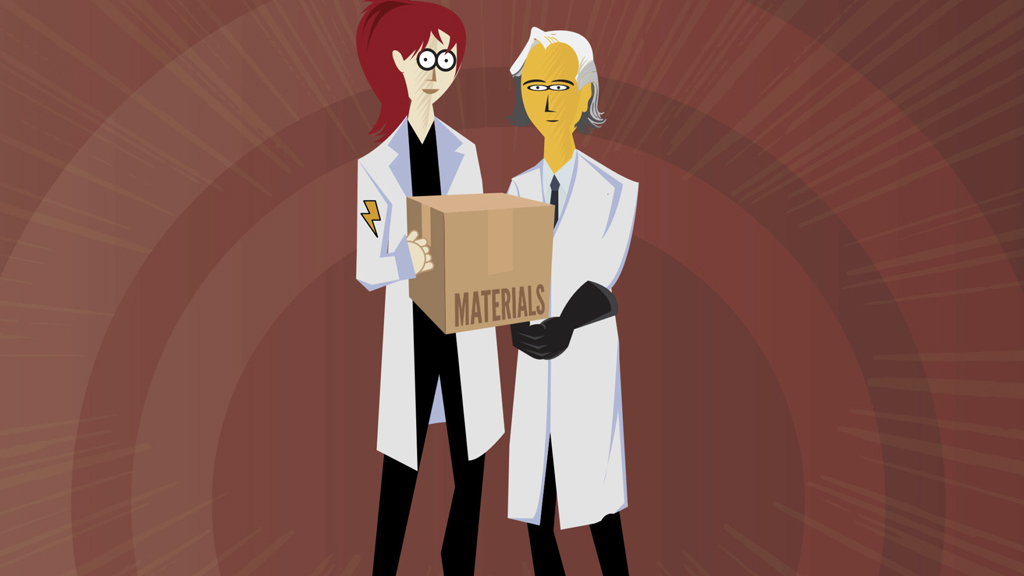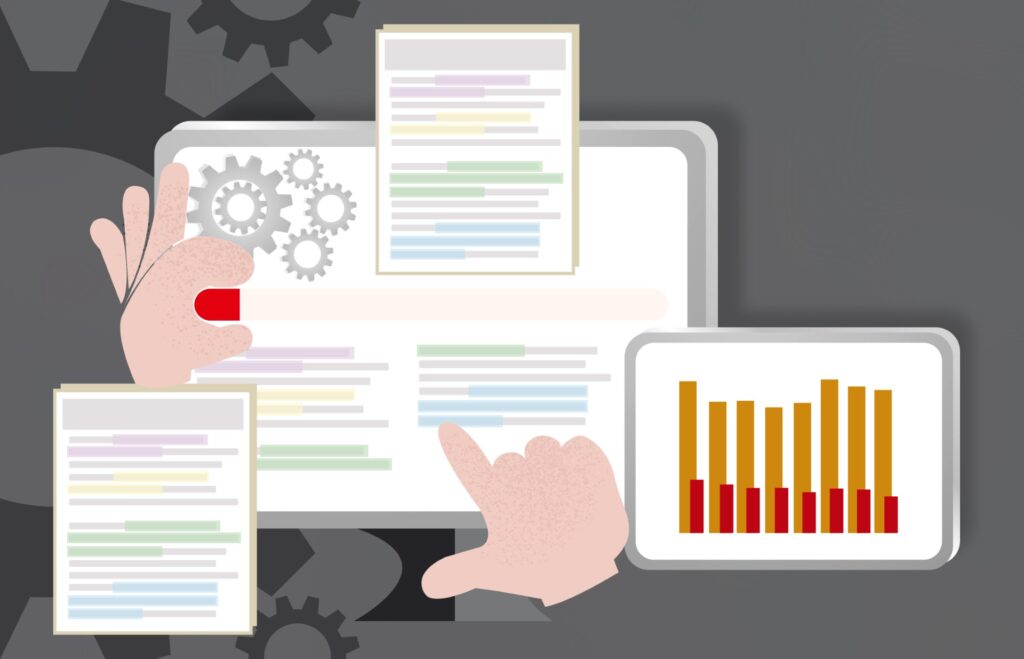Material transfers are nothing new to university research operations. But there continues to be reluctance among faculty to get the right paperwork in place for it. Why?
“Material transfers take time and faculty just want to move on with their research,” said Laura Gutierrez, research compliance specialist at the University of Houston. “Negotiations between institutions over materials can delay research projects and it amounts to more paperwork, so many faculty just want to forgo the process.”
The Council on Government Relations (COGR) has educated academia for many years about important issues in research operations, such as material transfers.
There are many reasons for instituting Material Transfer Agreements (MTAs) in academia. And we need to do more work to engage our research communities to ensure all university research follows such guidelines and regulations. This protects everyone involved.
Why do we need MTAs?
Agreements for the transfer of materials are important for the following reasons:
- They outline the rights and responsibilities for both the providers and recipients of materials
- MTAs dictate the use of the materials, how they are handled and who can be involved
- The agreement covers who gets academic credit based on use of the material
- They also protect against restrictions on academic freedom and excessive rights of ownership over research results
- MTAs protect against matters of conflict
That’s right, if no material transfer agreement (read: contract) is in place, there may be potential issues. Such issues could involve mishandling of the material or ownership of the research outcomes.
The Rights to Ownership
According to COGR, faculty should submit a transfer agreement when materials are proprietary, hazardous or infectious. An MTA should also be filed if the provider of the material wants to obtain rights.
While it makes sense to have a contract in place for these reasons, it’s important to have an MTA in place to outline everyone’s rights to ownership.
Take, for instance, the transfer of materials to a subcontractor or “friend.” But then, you make a discovery and want to file a disclosure involving the material. That may be hard to do if other disclosures have been filed by other universities or research outcomes published in peer-reviewed journals.
“Most faculty with patents or disclosures complete an MTA,” said Gutierrez. “But a lot of faculty don’t think about how their research might progress. If there’s no agreement in place, the recipient of the materials they gave can do anything they want, like submit a patent on their own.”
Gutierrez also cited instances where PIs discover a publication involving a material they provided — and there’s no acknowledgement. Without an agreement in place, unfortunately, there’s nothing that can be done.
MTAs Help Universities with Other Compliance Checks
Submitting an MTA helps universities complete compliance checks before “materials” (such as research animals) can come onto campus.
For example, university operations must ensure the transfer of animals meets all Institutional Animal Care and Use Committee (IACUC) protocols. In fact, compliance offices need to ensure that the transfer aligns with an approved protocol on file.
“If the transfer involves a live animal strain, often quarantines, training, housing, and/or other special considerations must be taken into account,” said Kirstin Holzschuh, executive director of the University of Houston Research Integrity and Oversight office. “There are many compliance checks we need to review for any transferred materials. We do not allow shipment of these materials until all these checks are in place.”
Gutierrez agrees. “Through submitted MTAs, we can catch potential compliance issues upfront. This gives us a chance to work with faculty to prevent additional issues later on.”
The Big Idea?
When it comes to MTAs, just do it.
If your university is receiving materials, the agreement helps protect against potential liabilities and ownership issues.
If your university is transferring materials out, the agreement helps protect your intellectual property.
It’s a win, win for everyone involved.



